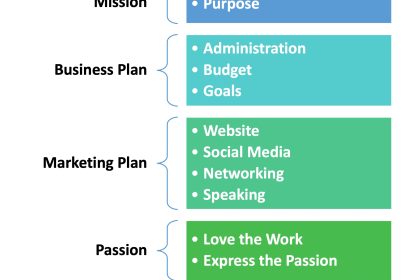Excellence in coaching goes deeper than having competence and a Code of Ethics – it requires walking the talk. While this seems obvious, it is worth addressing specifically.
Some of the challenges that occur for coaches include:
- Knowing when it is acceptable to list clients for marketing purposes and when a client prefers to keep the coaching relationship private. Walking the talk means obtaining permission before listing a client.
- Knowing what may be disclosed to a client’s boss or company and what must be kept confidential. Walking the talk means defining what is disclosed before beginning coaching and obtaining approval before disclosing information.
- Knowing when there is an actual or potential conflict of interest and how to handle it appropriately. Walking the talk means asking yourself as a coach if you can be effective and advising the client so they have a choice in whether and how to continue.
- Knowing when they are effective for clients and when the client is better served by someone else. Walking the talk means referring the client to a different coach of other professional when it is in the best interest of the client.
As a coach, ask yourself how you apply ethics in your work. Reflect on this consistently and engage in discussion with your colleagues. By identifying specific decisions you make to ensure you are ethical, you strengthen your commitment to ethics and you enhance your excellence.


